When you bring your pet to the veterinarian, you want fast and accurate diagnostic results, and our advanced diagnostic technology allows our team at Creature Comforts Veterinary Service to provide our patients with better care. We want to explain how Zoetis Vetscan Imagyst™ can benefit your pet.
What is Vetscan Imagyst™ for pets?
American company Zoetis, Inc. is the world’s largest producer of medicine and vaccinations for pets and livestock. The company also has developed cutting edge diagnostic equipment to help veterinarians deliver accurate diagnostics in a timely manner. Vetscan Imagyst™ is one Zoetis product that offers cytology and fecal results in a single platform. The technology uses a compact scanner and artificial intelligence (AI) to deliver fast, accurate fecal and cytology results so our veterinary professionals can make important treatment decisions as soon as possible. Zoetis also provides expert clinical pathologists to consult on your pet’s case, if needed.
How does Vetscan Imagyst™ cytology benefit my pet?
Cytology is the microscopic examination of cell samples that can be taken from growths or masses on your pet’s body, or to assess bodily fluids, internal organs, such as liver, lungs, lymph nodes, and kidneys, and abnormal fluids that accumulate in the abdomen or chest.
In a traditional workflow, these samples are collected, prepared on a slide, packaged, and mailed to a laboratory for analysis. Results usually take about two to three days, but the process has to be repeated if the slide is lost or damaged in transit, or if the sample is inadequate. In a Vetscan Imagyst™ workflow, the sample is collected, prepared on a slide, scanned, and submitted digitally for expert review. Results are available in 24 hours, and often as soon as two hours, which helps us diagnose several serious diseases and begin treatment as soon as possible. Examples include:
- Lymphoma — Lymphoma is a cancer that originates in the lymphocytes, which are the immune system’s infection-fighting cells. We recently diagnosed a dog with lymphoma using the Vetscan Imagyst™ cytology, and were able to begin chemotherapy before they left the initial appointment.
- Mast cell tumors — Mast cells, which can form tumors, are a cell type that plays an instrumental role in the allergic response. The cells in these mast cell tumors are unstable, and can create allergic reactions that do not correlate with antigen exposure. In addition, these tumors can be locally invasive and may metastasize. Using cytology, these tumors are graded from one to three, and the tumor’s grade helps our veterinary professionals determine the best treatment approach.
- Anemia — The Vetscan Imagyst™ can provide qualitative data to supplement complete blood count (CBC) results. An anemia diagnosis requires more than a low red blood cell count, and the Vetscan Imagyst™ reports additional parameters and helps our veterinary professionals determine the cause of your pet’s anemia.
- Thrombocytopenia — The Vetscan Imagyst™ can determine if your pet’s platelet count is low, and identify the presence of platelet clumps, which may impact platelet counts.
How does a Vetscan Imagyst™ fecal analysis benefit my pet?
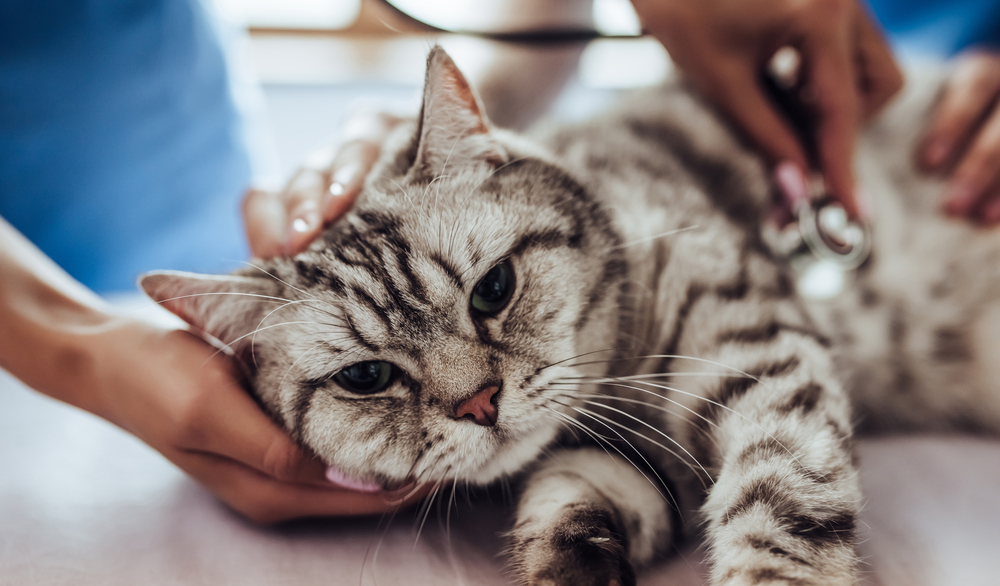
Gastrointestinal parasites are prevalent in pets, and can cause significant health issues. Infected pets can contaminate their environment with these parasites, some of which can infect humans. In a traditional workflow, up to 50% of infected pets can go undetected because of user error, or technique limitations. In a Vetscan Imagyst™ workflow, the fecal samples are scanned, and a deep-learning object-detection algorithm that distinguishes and accurately identifies parasite eggs is applied. Other common questions about Vetscan Imagyst™ include:
- Are the results accurate? — Two studies have demonstrated matching performances by the algorithm and an expert board-certified parasitologist. The diagnostic sensitivity and specificity was as high as 100% across six parasite genera.
- What parasites can be detected? — Currently, Vetscan Imagyst™ can detect Ancylostoma (i.e., hookworms) in dogs and cats, Toxocara (i.e., roundworms) in dogs and cats, Trichuris (i.e., whipworms) in dogs, Taenia (i.e., tapeworms) in dogs and cats, Giardia in dogs and cats, and Cystoisospora (i.e., a coccidia parasite) in dogs and cats. The algorithm has a deep learning capability, allowing for evolution and increased functionality with training, so additional parasites can be classified over time.
- How long do results take? — Fecal examination results, with images that show which parasites are infecting your pet, are available in 15 to 20 minutes.
Fast and accurate diagnostic results allow our veterinary professionals to make educated decisions about your pet’s treatment in a timely fashion, improving their prognosis. If your pet needs a fecal test or a cytology evaluation, contact our American Animal Hospital Association (AAHA)-accredited team at Creature Comforts Veterinary Service, so we can quickly diagnose their condition.


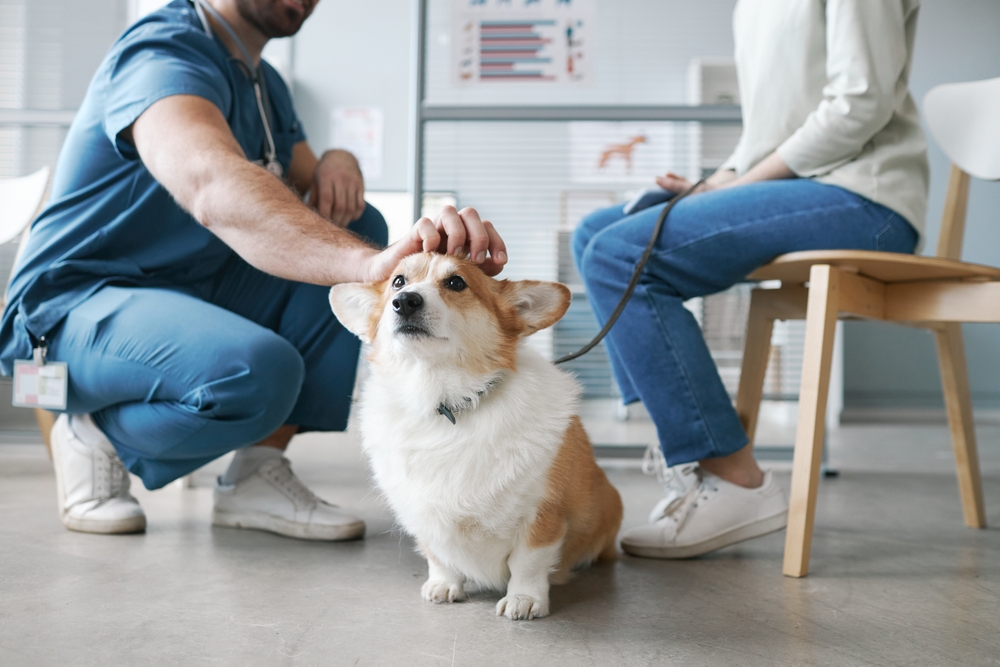

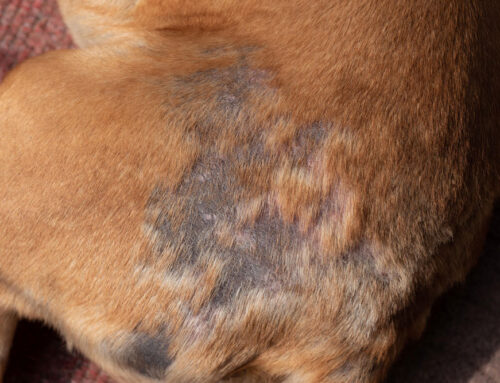
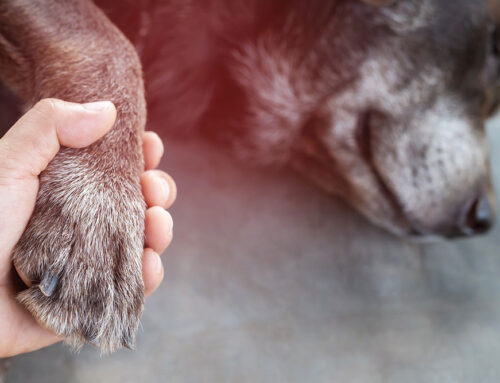
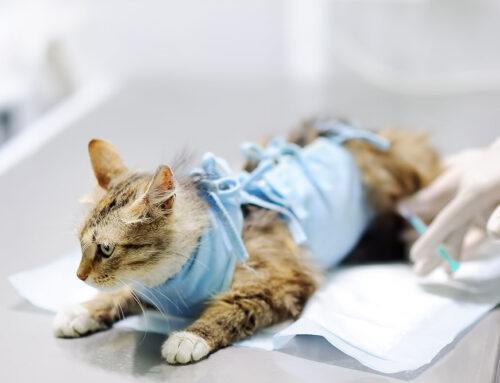
Leave A Comment